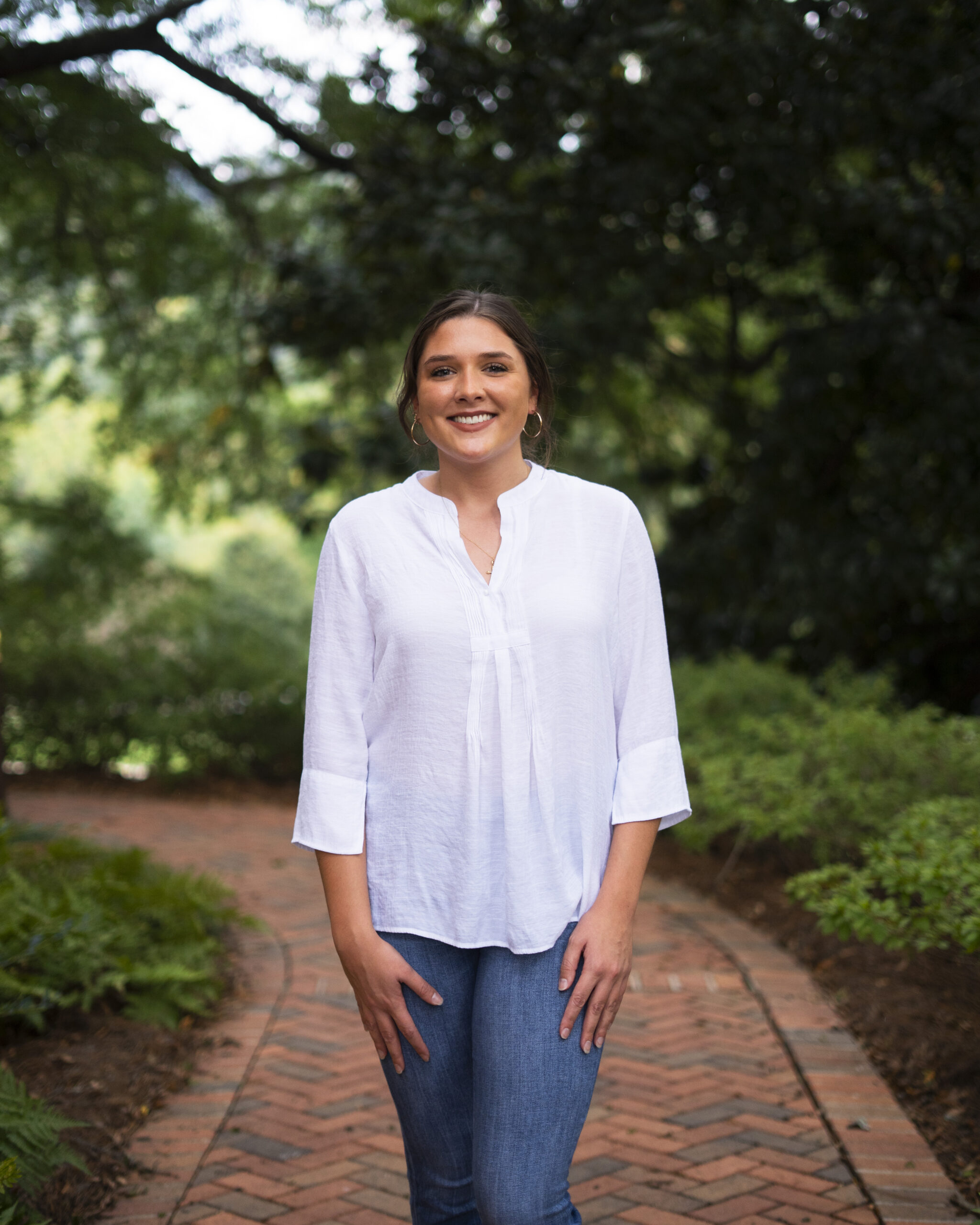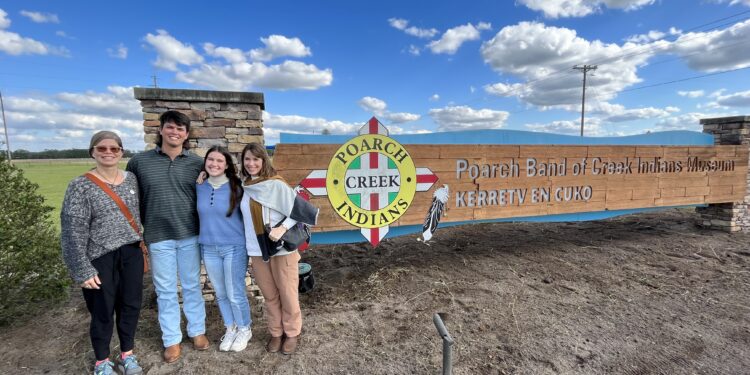November is Native American Heritage Month. In honor of the month, the Department of Geography and Sociology will provide students with educational events and activities surrounding Native American culture and history.
On Nov. 4, the department will be providing a field trip to the Poarch Band of Creek Indians Reservation. This trip is open to all students regardless of their major. Dr. Theresa Davidson, professor of sociology, said that the trip is valuable for everyone and offers a chance to know more about the nation of people who once called the Birmingham area home.
“We are on what was historically Muscogee land, and as students, faculty and the Homewood community, we benefit sadly from the theft of that land, so it would be nice to see what we would be able to do for them,” Davidson said.
The trip itinerary includes lunch, a seminar on land management, information on environmental, health, legal and cultural practices, and a museum tour.
Sociology major Sophia Revis has also been working alongside Davidson to plan events for Native American Heritage Month, as well as a land acknowledgment initiative for Samford’s campus. This acknowledgment initiative would be to honor the Creek Nation that lived where Samford now stands.
“Acknowledging the history of the land that we are all living and learning on will create greater understanding, appreciation and respect for the environment we step into every day,” stated Revis.
On Nov. 6, a Native Revolution Yoga Class will be held at Samford Rec Center, Room 401 at 4:30 p.m. Native Revolution Yoga is a non-profit organization that aims at helping communities heal and strengthen from the inside out through running, yoga, fitness and movement. The organization was founded by Kate Jenkins, a member of Cochiti Pueblo nation, in 2014 in Birmingham, Alabama. Students may also receive convocation credit for attending the class.
Members of Davidson’s Native Americans in Society class will be presenting their research presentations on Nov. 11. In the class, students study the history, legal frameworks, culture, spirituality and activism of Native Americans in the United States. The students will be presenting their “Living Legacies” projects, in which they made a creative presentation about a Native nation they learned about in the course. Davidson stated that the projects are not only a means to show what the students have learned, but they are also an opportunity to share information about Native nations for those who have never taken a course like Native Americans in Society. The projects will be presented at 10:00 a.m. in the Howard Room and are open for viewing. Refreshments will be provided.
Lastly, there will be a screening of the “We Ride for Her” documentary on Nov. 18, co-sponsored with Samford Title 9. “We Ride for Her” is a documentary short film that sheds light on the epidemic of missing and murdered Indigenous women and relatives. Davidson said that she wanted to find a documentary discussing MMIW, or missing and murdered indigenous women.
“The way it’s presented in popular media, it’s presented as a true-crime or sensationalized, rather than looking at what is the root of why so many native women are being murdered and disappeared by non-native men,” she said.
Davidson stated that not only is it a lasting effect of colonization, but it is also due to the maze of jurisdiction between tribal, state, and federal law enforcement, often resulting in these crimes being ignored. The time and location of the screening are to be determined.
Through these events, the Samford community will be given an opportunity to celebrate, learn and engage with the culture, history and continuing legacy of Native Americans in the United States during Native American Heritage Month and the future.

Staff Reporter




